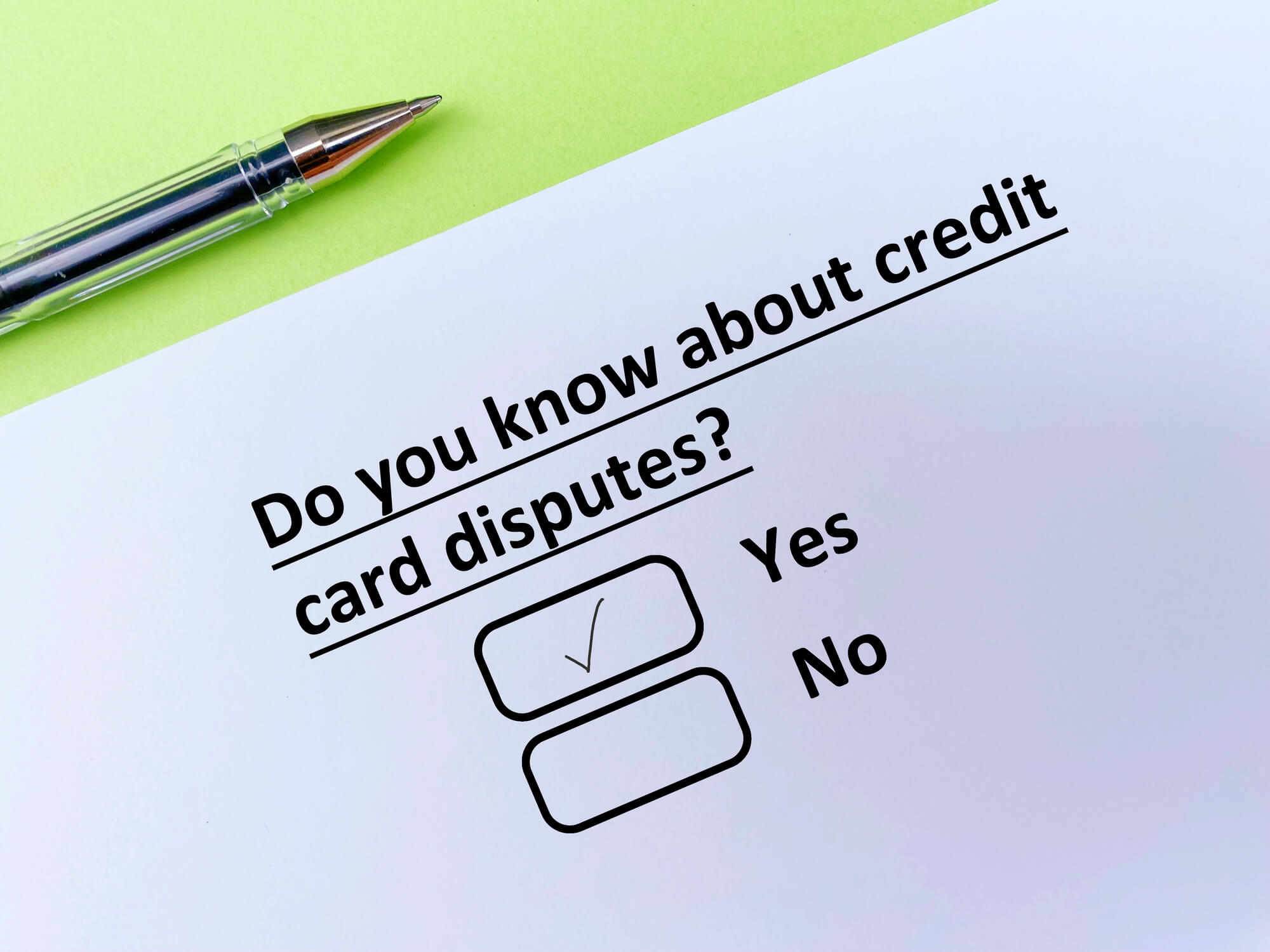
By American August 26, 2024
Credit card disputes and chargebacks can be a frustrating and costly experience for both merchants and consumers. A credit card dispute occurs when a cardholder questions a charge on their credit card statement, while a chargeback is the process by which the cardholder’s bank reverses the transaction and returns the funds to the cardholder.
In this comprehensive guide, we will explore the best practices for merchants to prevent credit card disputes, provide a step-by-step guide on how to handle disputes and chargebacks, and delve into the common reasons for disputes and how to address them.
How to Prevent Credit Card Disputes: Best Practices for Merchants
Prevention is always better than cure, and this holds true for credit card disputes as well. By implementing best practices, merchants can significantly reduce the likelihood of disputes and chargebacks. One of the most effective ways to prevent disputes is to ensure clear and transparent communication with customers. Merchants should provide detailed product descriptions, accurate pricing information, and clear return and refund policies. Additionally, merchants should promptly respond to customer inquiries and address any concerns or issues in a timely manner.
Another crucial aspect of dispute prevention is accurate and transparent billing. Merchants should ensure that their billing descriptors clearly reflect their business name or a recognizable abbreviation. This helps customers easily identify the charge on their credit card statement and reduces the chances of them disputing the transaction. Additionally, merchants should regularly review their billing statements to identify any discrepancies or errors and rectify them promptly.
Step-by-Step Guide: Handling Credit Card Disputes and Chargebacks
Despite the best prevention efforts, disputes and chargebacks may still occur. When faced with a dispute, it is essential for merchants to follow a step-by-step guide to effectively handle the situation. The first step is to carefully review the dispute notification and gather all relevant information, including the transaction details, customer information, and any supporting documentation. This information will be crucial in building a strong case to defend against the dispute.
Once all the necessary information is gathered, merchants should promptly respond to the dispute. This response should be well-documented and include a detailed explanation of the transaction, any relevant policies or terms and conditions, and any supporting evidence. It is important to provide a clear and concise response that addresses all the concerns raised by the cardholder.
Understanding the Chargeback Process: A Closer Look
To effectively handle credit card disputes, it is crucial to have a thorough understanding of the chargeback process. When a cardholder disputes a transaction, their bank initiates the chargeback process. The bank will investigate the dispute and request information from the merchant to support their case. The merchant is then given an opportunity to respond to the chargeback and provide any necessary evidence to defend the transaction.
If the merchant is unable to successfully defend the transaction, the funds are returned to the cardholder, and the merchant may be liable for additional chargeback fees. However, if the merchant is able to provide compelling evidence and successfully defend the transaction, the chargeback may be reversed, and the funds returned to the merchant.
Common Reasons for Credit Card Disputes and How to Address Them
Credit card disputes can arise due to a variety of reasons, and it is important for merchants to understand these common reasons and how to address them. One common reason for disputes is unauthorized transactions. This can occur when a cardholder’s credit card information is stolen or used without their consent. To address this issue, merchants should implement robust security measures, such as encryption and tokenization, to protect customer data. Additionally, merchants should promptly investigate any reports of unauthorized transactions and provide a swift resolution to the affected cardholder.
Another common reason for disputes is billing errors. These errors can occur due to technical glitches, human error, or miscommunication. To address this issue, merchants should regularly review their billing statements and promptly rectify any errors or discrepancies. Clear and transparent communication with customers is also crucial in preventing billing errors and resolving any disputes that may arise.
Gathering Evidence: Essential Documentation for Credit Card Disputes
When faced with a credit card dispute, gathering and presenting compelling evidence is crucial in successfully defending the transaction. Merchants should maintain detailed records of all transactions, including order confirmations, shipping information, and customer communication. These records can serve as valuable evidence in proving the legitimacy of the transaction and addressing any concerns raised by the cardholder.
In addition to transaction records, merchants should also gather any relevant policies, terms and conditions, and product descriptions. These documents can help provide clarity and context to the transaction and support the merchant’s case. It is important to organize and present this evidence in a clear and concise manner to effectively communicate the merchant’s position.
Communicating with Customers: Effective Strategies for Resolving Disputes
Effective communication with customers is key to resolving credit card disputes. When a dispute arises, merchants should promptly reach out to the cardholder and initiate a dialogue. It is important to listen to the cardholder’s concerns and address them in a professional and empathetic manner. By demonstrating a willingness to resolve the issue, merchants can often prevent the dispute from escalating into a chargeback.
During the communication process, merchants should provide clear and concise explanations of the transaction, any relevant policies or terms and conditions, and any supporting evidence. It is important to be transparent and honest with the cardholder and provide them with all the necessary information to make an informed decision. By maintaining open lines of communication and providing exceptional customer service, merchants can often resolve disputes amicably and avoid chargebacks.
Navigating the Chargeback Representment Process: Tips and Tricks
In some cases, despite the merchant’s best efforts, a chargeback may still occur. When faced with a chargeback, merchants have the option to initiate a chargeback representment process. This process involves gathering additional evidence and presenting a compelling case to the cardholder’s bank to reverse the chargeback.
To navigate the chargeback representment process effectively, merchants should carefully review the reason code provided by the cardholder’s bank. This reason code provides valuable insights into the specific issue raised by the cardholder and helps merchants tailor their response accordingly. Merchants should then gather any additional evidence that addresses the specific reason code and present a strong case to the cardholder’s bank.
Frequently Asked Questions (FAQs) about Credit Card Disputes and Chargebacks
Q.1: What is the difference between a credit card dispute and a chargeback?
A credit card dispute occurs when a cardholder questions a charge on their credit card statement, while a chargeback is the process by which the cardholder’s bank reverses the transaction and returns the funds to the cardholder.
Q.2: How can merchants prevent credit card disputes?
Merchants can prevent credit card disputes by ensuring clear and transparent communication with customers, providing accurate and transparent billing, and promptly addressing customer inquiries and concerns.
Q.3: What should merchants do when faced with a credit card dispute?
When faced with a credit card dispute, merchants should carefully review the dispute notification, gather all relevant information, and promptly respond to the dispute with a detailed explanation and supporting evidence.
Q.4: What is the chargeback representment process?
The chargeback representment process is the process by which merchants can present additional evidence and arguments to the cardholder’s bank to reverse a chargeback.
Conclusion
Credit card disputes and chargebacks can be a challenging and costly experience for merchants. However, by implementing best practices to prevent disputes, following a step-by-step guide to handle disputes and chargebacks, and understanding the common reasons for disputes and how to address them, merchants can effectively navigate this complex landscape.
By gathering compelling evidence, communicating effectively with customers, and utilizing the chargeback representment process when necessary, merchants can minimize the impact of disputes and chargebacks on their business.


